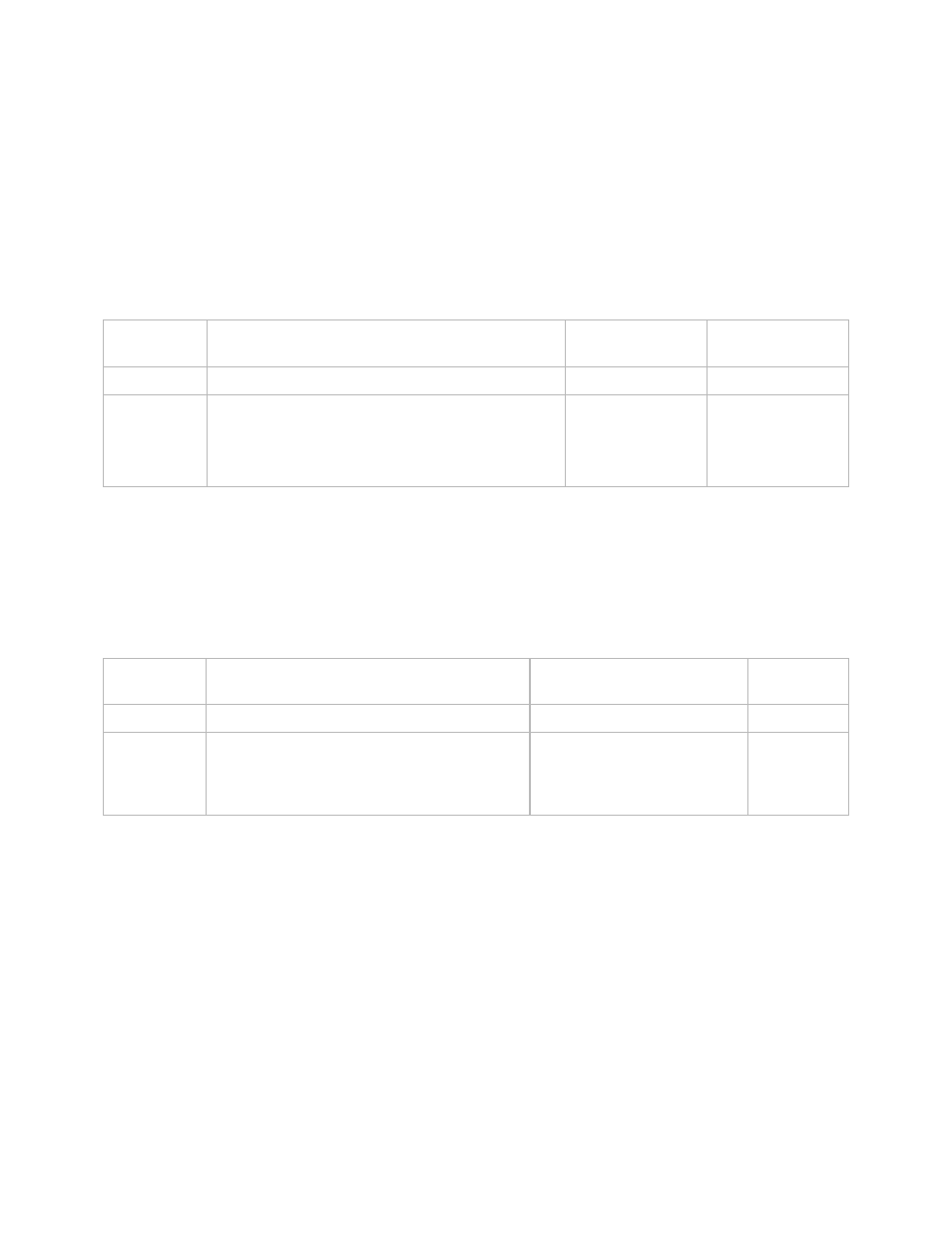Command message structure, Response message structure – Comtech EF Data KP-10 User Manual
Page 27

KP-10 External Keypad
Revision 1
Operation
MN/KP10.IOM
17
3.1.4 C
OMMAND
M
ESSAGE
S
TRUCTURE
The valid message structure varies according to whether the message is a command or a
response
.
The command message structure is as follows:
Example: Start Device Command and End < add/ DCF_nnnn.n 'cr'] Replace 'add' with the valid device address, or Command = Parameter = carriage return 3.1.5 R ESPONSE M ESSAGE S TRUCTURE The response message structure is as follows: Example: >add/DCF_nnnn.n'cr''lf'] Start Device Command, Parameter and End > add/ DCF_nnnn.n'cr''lf' ] 'add' is replaced by the valid device Command = DCF_ Parameter = nnnn.n Response = 'lf' End bracket Replace parameter markers (such as “add”) with appropriate values. For more Note: “add” is a parameter marker that must be replaced with a valid 1 to 3 character device address in the range of 1 through 255, or the KP-10 global address of “*”.
Character
Address
Parameter
Character
use the KP-10 global address of '*' (for a
single-system RFT only).
DCF_
nnnn.n
and end bracket
Character
Address
Response
Character
address, or the KP-10 global address of '*'
(for a single-system RFT only)
information about specific parameter values, refer to the “Remote Control Operation”
section in the installation and operation manual for the appropriate Comtech EF Data
CST or KST terminal system.
